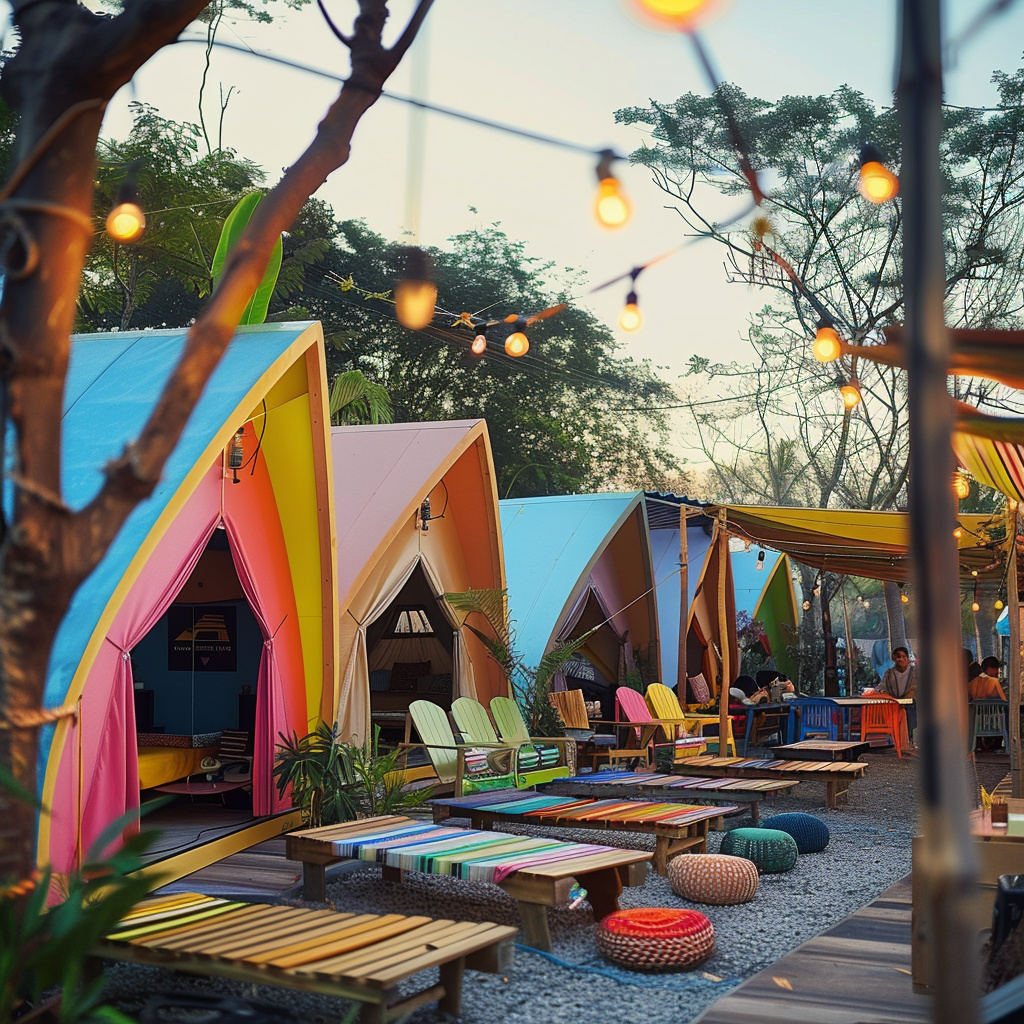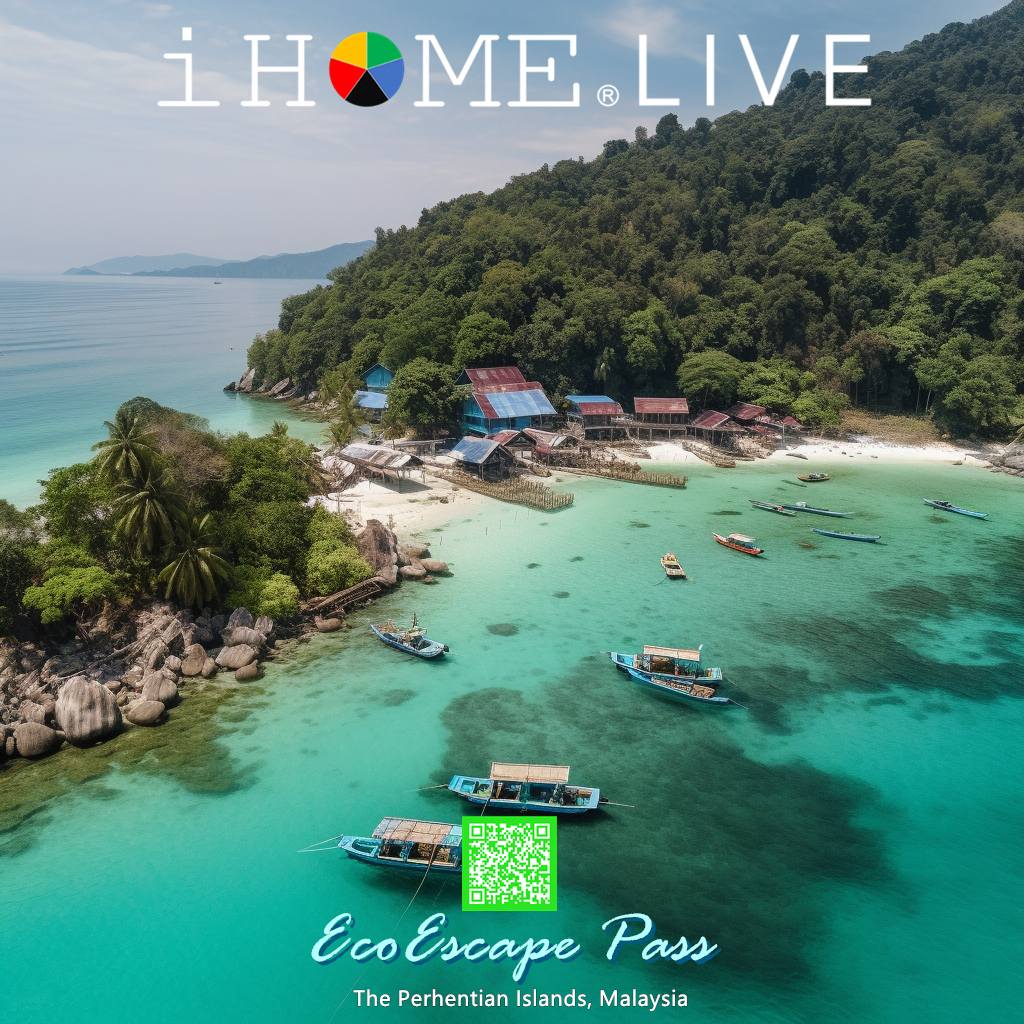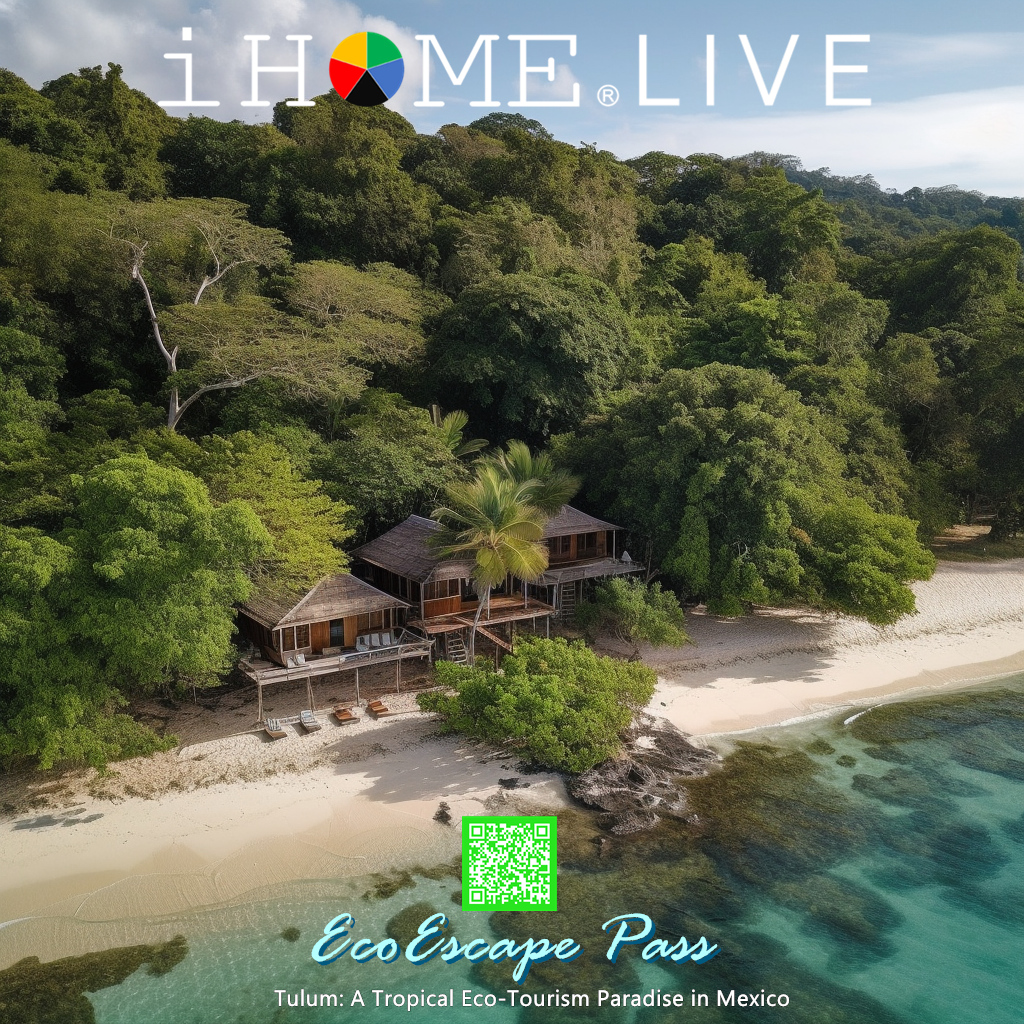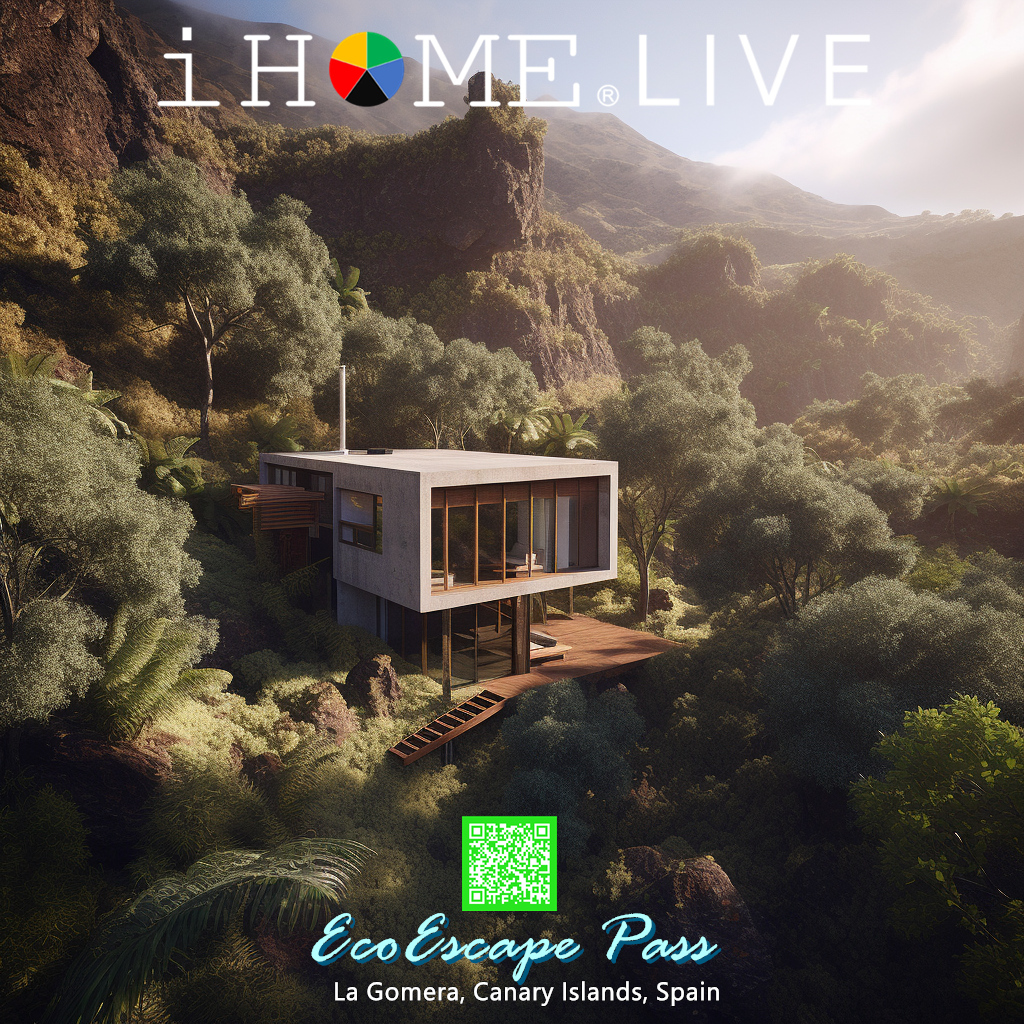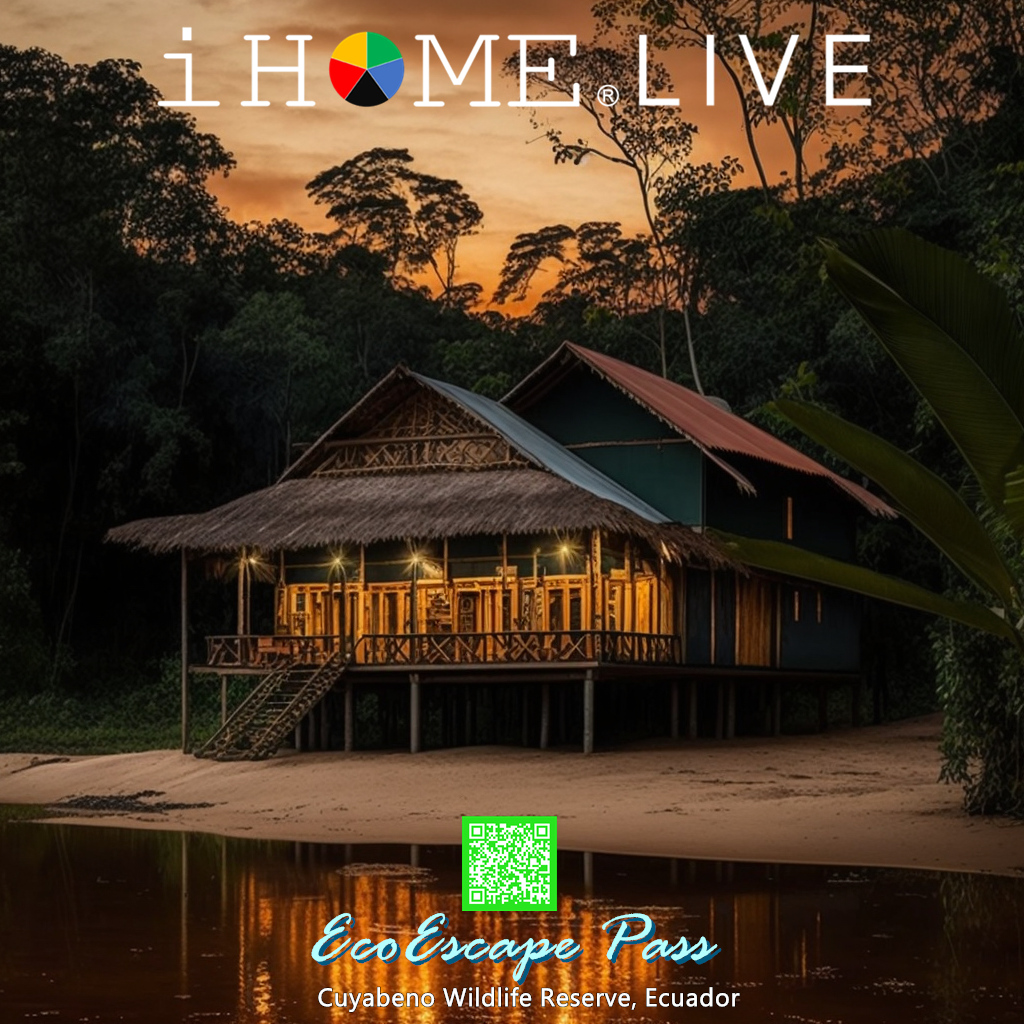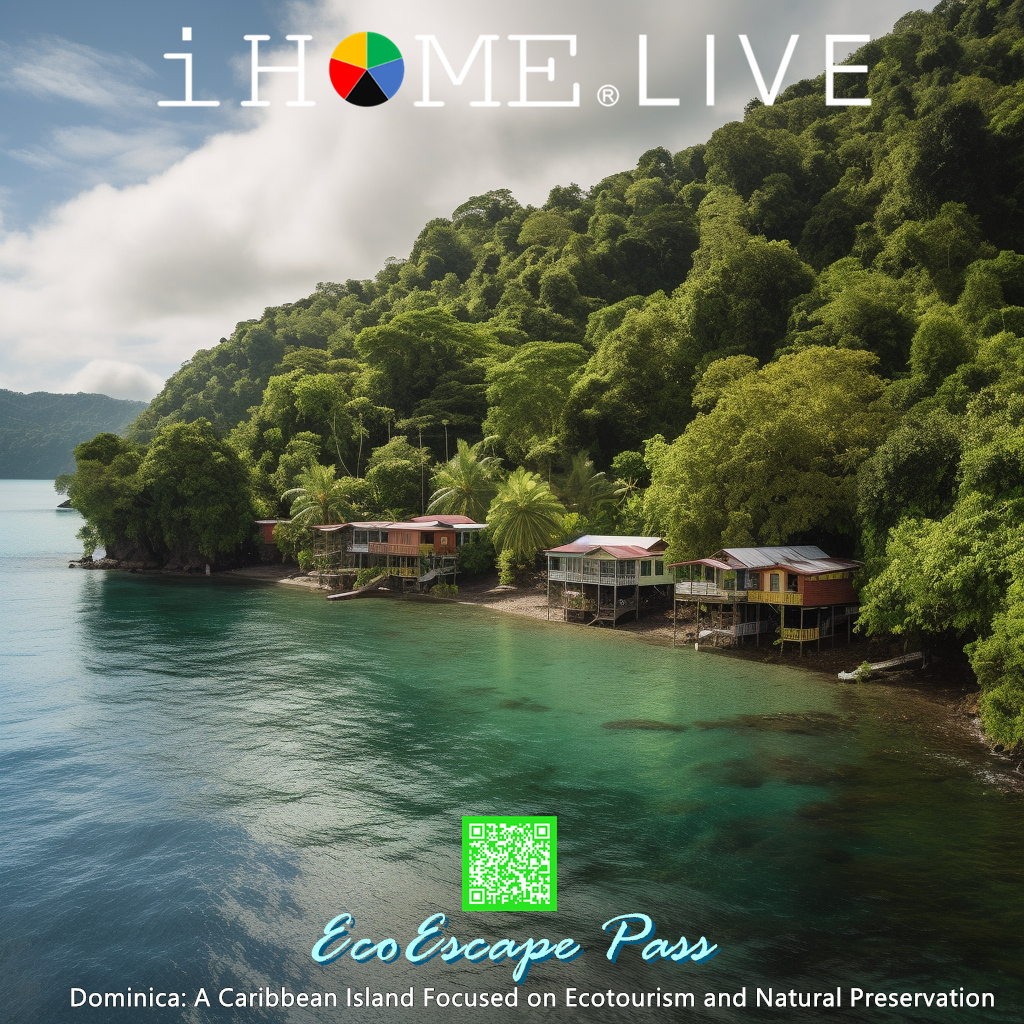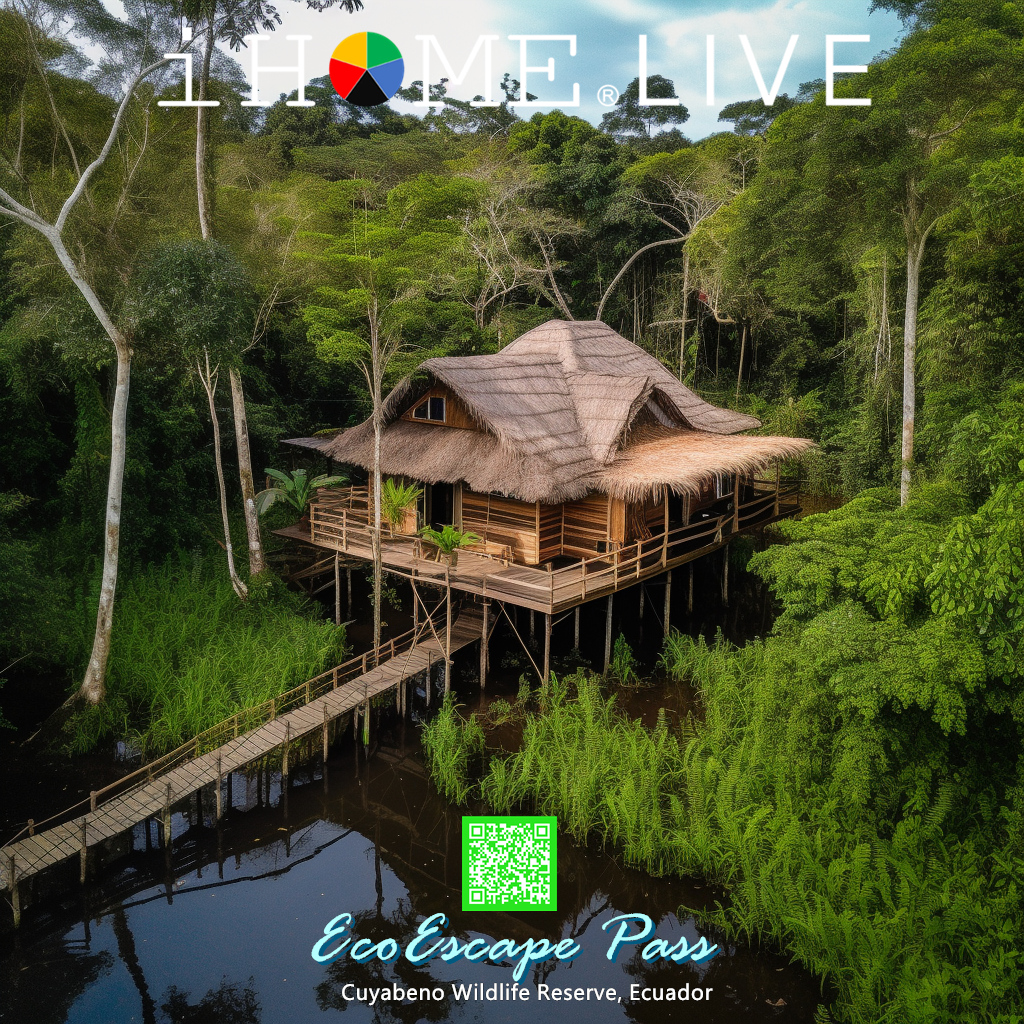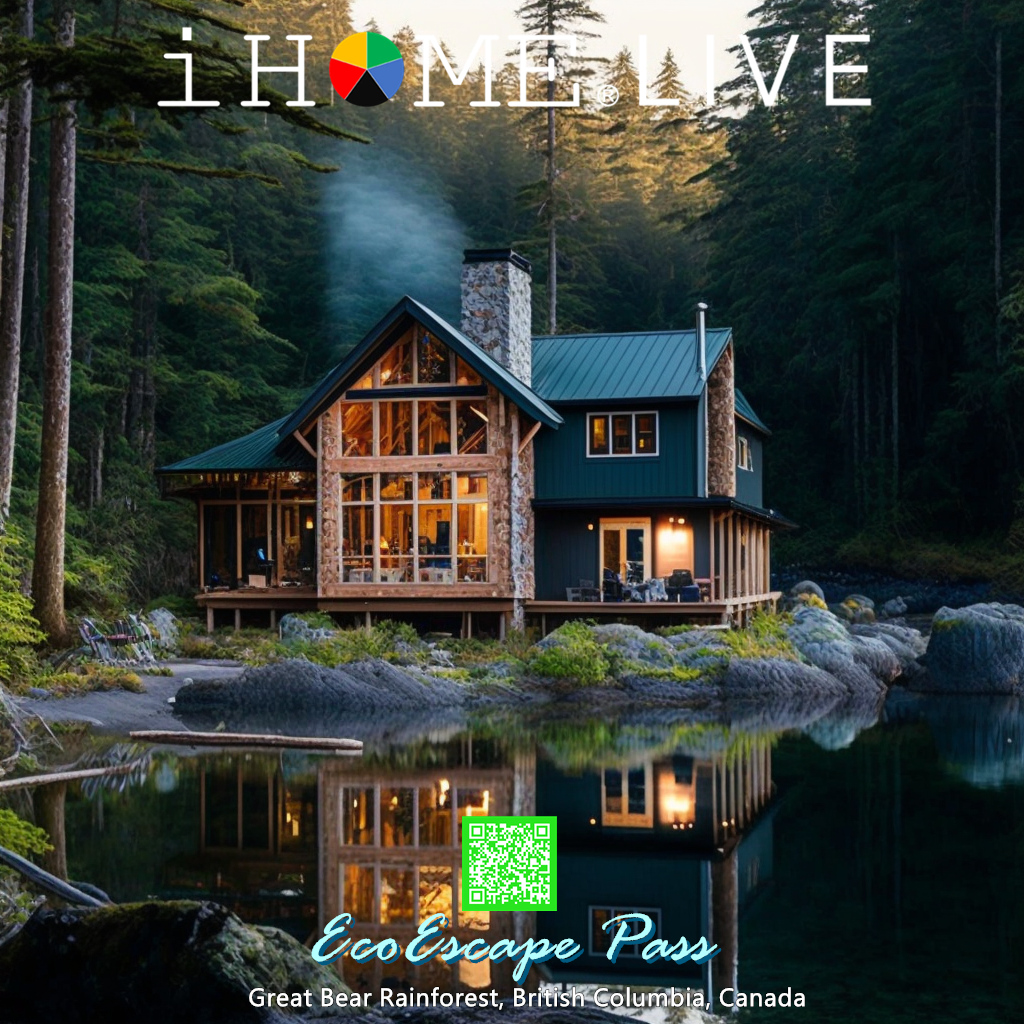Overview
Description:
Vancouver Island, located off the west coast of mainland Canada, is a stunning destination known for its diverse ecosystems, dramatic coastlines, and lush rainforests. This large island offers a unique blend of urban charm in cities like Victoria and pristine natural beauty in its many parks and reserves. Vancouver Island is a haven for eco-tourists, with abundant opportunities for wildlife viewing, outdoor adventures, and sustainable living. The island’s commitment to conservation and eco-friendly tourism makes it a perfect destination for nature enthusiasts.
Eco Attractions:
- Pacific Rim National Park Reserve: Known for its rugged coastline, temperate rainforests, and abundant marine life.
- Strathcona Provincial Park: The island’s largest park, featuring stunning mountain scenery and numerous hiking trails.
- Tofino: A popular destination for surfing, whale watching, and eco-tourism activities.
- Butchart Gardens: A world-renowned garden offering beautiful displays of local and exotic plants.
Visa and Residency Options
Visa Requirements
Types of Visas:
- Tourist Visa: For short-term visits up to six months.
- eTA (Electronic Travel Authorization): Required for visa-exempt foreign nationals traveling by air.
Application Process:
- Apply online through the Immigration, Refugees, and Citizenship Canada (IRCC) website.
- Required documents include a valid passport and proof of financial support.
Documentation and Eligibility:
- Valid passport.
- Proof of sufficient funds for the duration of your stay.
- No criminal record or history of violating immigration laws.
Long-term Stay Permits
Extending Your Stay:
- Apply for an extension of your tourist visa through the IRCC website.
- Consider longer-term options such as work permits or student visas.
Application Details:
- Submit an application online or at a local visa office.
- Required documents include proof of financial stability and purpose of stay.
Long-term Options:
- Work permits for those employed in eco-tourism or conservation.
- Student visas for those enrolled in environmental studies or related programs.
Residency Options
Paths to Residency:
- Express Entry for skilled workers, including those in eco-tourism and environmental fields.
- Provincial Nominee Program (PNP) for individuals with skills and experience relevant to British Columbia.
Residency Requirements:
- Must meet health and character requirements.
- Proof of employment or investment in eco-friendly projects.
Transitioning to Permanent Residency:
- Continuous engagement in eco-tourism and conservation activities can support applications for permanent residency.
Living Conditions
Cost of Living:
- Accommodation: $1,000 – $2,500 CAD per month, depending on location and type of housing.
- Food: $75 – $150 CAD per week, with a focus on local and organic produce.
- Transportation: $50 – $100 CAD per week, with options for public transit and eco-friendly transport.
Infrastructure:
- Sustainable housing options and eco-friendly healthcare facilities are available.
- Reliable internet and co-working spaces for digital nomads.
Additional Details:
- Opening a bank account requires identification and proof of address.
- Local tax obligations should be explored through the Canada Revenue Agency (CRA).
Community and Networking
Community Overview:
- A vibrant eco-conscious community focused on conservation and sustainable living.
Networking Opportunities:
- Regular community events and workshops centered on sustainability and environmental conservation.
- Eco-tourism forums and local meetups.
Social Platforms:
- Facebook groups and local forums for eco-conscious travelers.
- Instagram pages dedicated to Vancouver Island’s eco-lifestyle.
Eco-Friendly Activities and Attractions
Nature Reserves and Parks:
- Pacific Rim National Park Reserve: Offers hiking, surfing, and wildlife viewing.
- Strathcona Provincial Park: Known for its hiking trails, mountain scenery, and pristine lakes.
Guided Tours:
- Eco-friendly transport options for guided tours across the island, including kayaking and whale watching.
Wildlife Watching:
- Opportunities to see orcas, grey whales, black bears, and numerous bird species in their natural habitats.
Outdoor Activities:
- Hiking, bird watching, kayaking, surfing, and cycling, all with a focus on minimal environmental impact.
Eco-Lodging:
- Recommended eco-lodges include Tofino Resort + Marina and Wild Pod Glamping.
Organic and Farm-to-Table Dining:
- Local dining options such as Sooke Harbour House and 10 Acres Bistro focus on organic and sustainable practices.
Environmental Initiatives
Conservation Programs:
- Numerous local initiatives focused on marine conservation, wildlife protection, and forest preservation.
Volunteer Opportunities:
- Opportunities to engage in environmental clean-up projects, wildlife monitoring, and community education programs.
Sustainable Living Workshops:
- Workshops on permaculture, eco-friendly practices, and sustainable living.
Community Gardens and Urban Farming:
- Participation in local community gardens and urban farming projects.
Cultural Insights
Local Customs:
- Emphasis on respect for nature and wildlife, intertwined with cultural practices.
- Strong community values and conservation-minded practices.
Language Tips:
- English is the primary language spoken, with some French influence in certain areas.
Safety and Laws:
- Adhere to local guidelines for wildlife interaction and environmental protection.
- Respect cultural norms, particularly around indigenous communities and practices.
Do’s and Don’ts:
- Do participate in eco-friendly activities.
- Don’t disturb wildlife or damage natural habitats.
- Follow the guidance of local guides and respect community norms.
Summary
Pros:
- Rich biodiversity and stunning natural landscapes.
- Strong conservation efforts and eco-tourism focus.
- Vibrant community with deep cultural and ecological values.
Cons:
- Higher cost of living compared to other parts of Canada.
- Remote areas with limited access to some modern amenities.
Key Reasons:
- Unique wildlife encounters and pristine wilderness.
- Commitment to sustainability and conservation.
- Opportunities for eco-friendly activities and responsible travel.
Useful Contacts and Resources
Embassies and Consulates:
- Contact details for embassies and consulates can be found on the Government of Canada’s official website.
Local Government and Services:
- The British Columbia Ministry of Environment and Climate Change Strategy’s website provides information on local services and support.
Essential Services:
- Websites like the David Suzuki Foundation offer resources for eco-friendly daily living.
Emergency phone numbers:
- Local emergency number: 911.
- Direct line to the nearest police station and medical facilities can be found on local government websites.
![Romania - Tiny house - [ Minimalist Retreats ] - Design Collectibles & Angel Membership (V1)](https://ihome.org/wp-content/uploads/2024/06/Slide19-300x300.jpg)

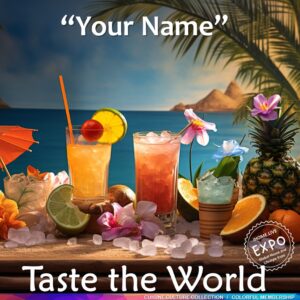

![Australia - Tiny house - [ Minimalist Retreats ] - Design Collectibles & Angel Membership (V1) (Copy)](https://ihome.org/wp-content/uploads/2024/06/Slide21-300x300.jpg)
